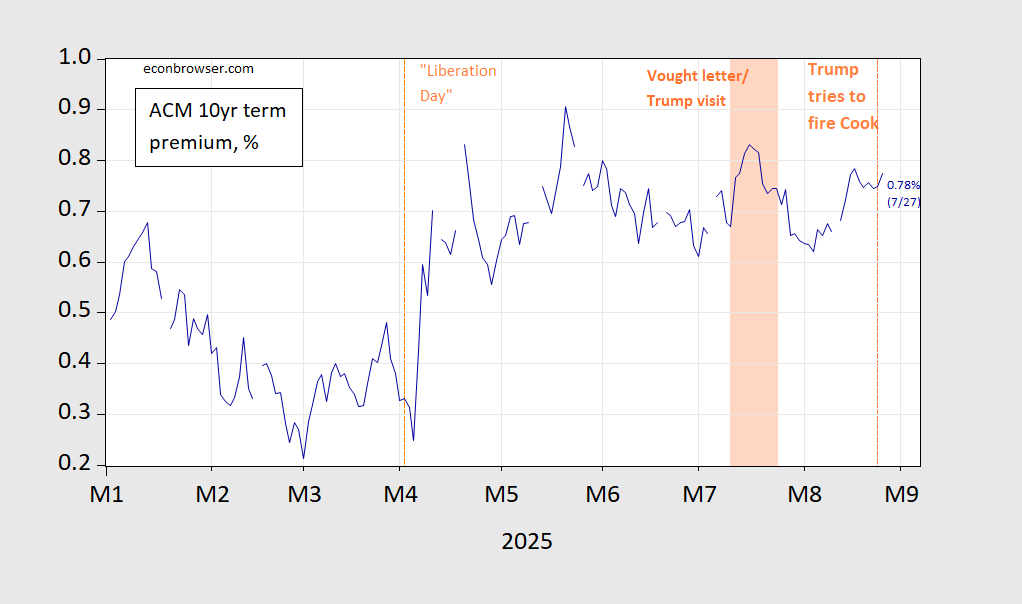
1421. Term Premium and Trsy-TIPS Breakeven
Menzie Chinn discusses the rise in the 10-year term premium and 5-year TIPS-Trsy breakeven amid Trump's influence on the Federal Reserve.
your daily dose of economic commentary

Menzie Chinn discusses the rise in the 10-year term premium and 5-year TIPS-Trsy breakeven amid Trump's influence on the Federal Reserve.
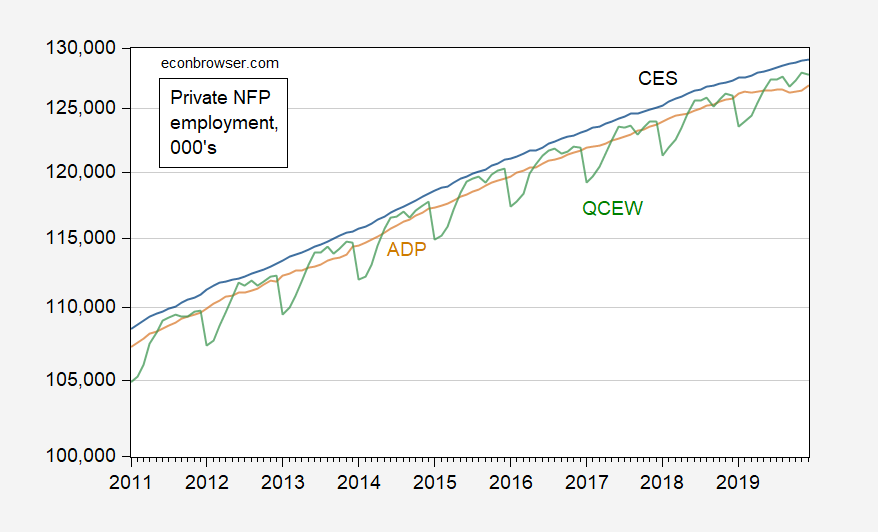
Menzie Chinn discusses the relevance of the Bureau of Labor Statistics compared to private sector data, particularly from ADP, in assessing labor market conditions.
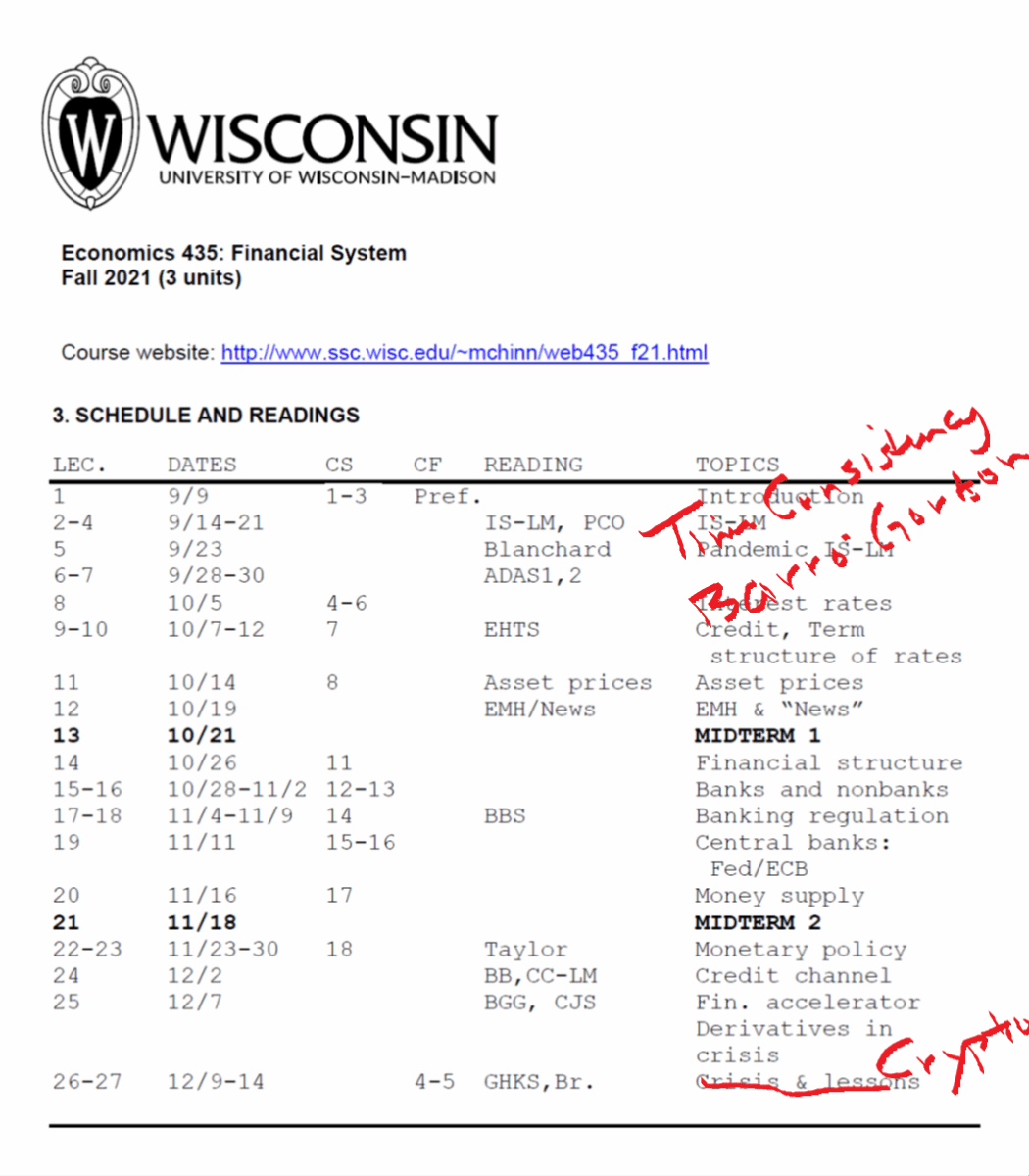
The author discusses updating a course syllabus to include concepts of time inconsistency and Barro-Gordon due to the impact of recent political events.

Justin Callais critiques economists' warnings against Javier Milei's policies, arguing that they misunderstand market dynamics and highlighting Milei's economic successes in Argentina.
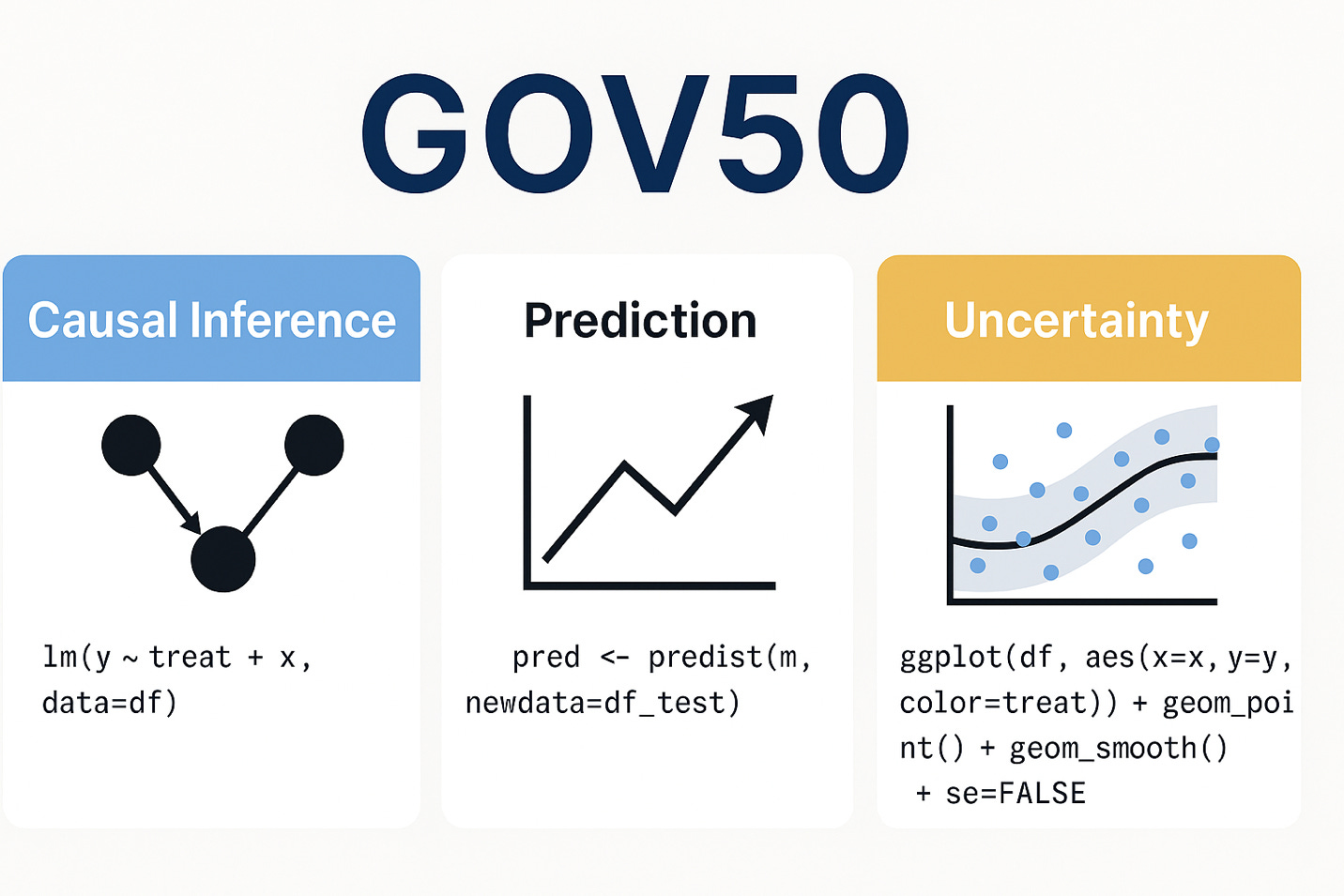
Scott Cunningham shares insights from a Harvard faculty orientation, focusing on student concentrations, particularly in economics and social sciences, and discussions on generative AI.

Rachel Treisman discusses how brands are capitalizing on Taylor Swift's engagement and the need for a balanced marketing approach.

Kevin Corcoran discusses totemic capital, its role in victimhood culture, and how elites leverage identity for personal gain rather than aiding marginalized groups.
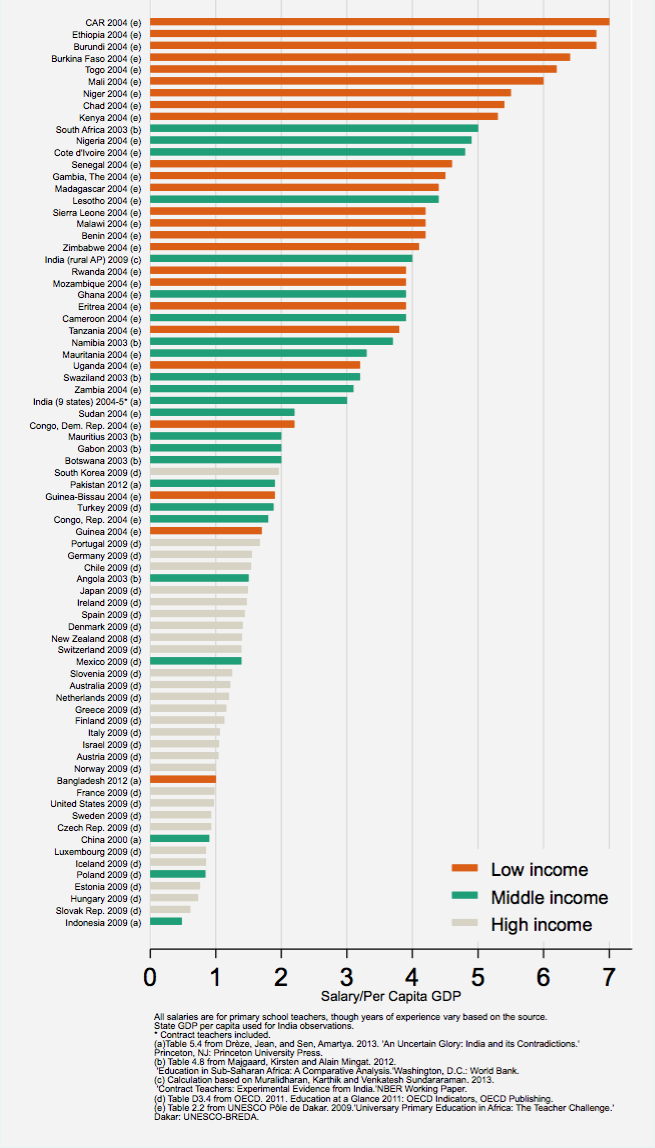
An argument that contrasts Singapore's competitive civil service pay model with India's inflated government salaries, highlighting the implications for talent allocation and economic productivity.

Paul Krugman discusses the rapid advancements in renewable energy and critiques the Trump administration's efforts to undermine clean energy initiatives.

The post analyzes local housing market trends in July, highlighting sales declines, inventory increases, and potential future price changes.
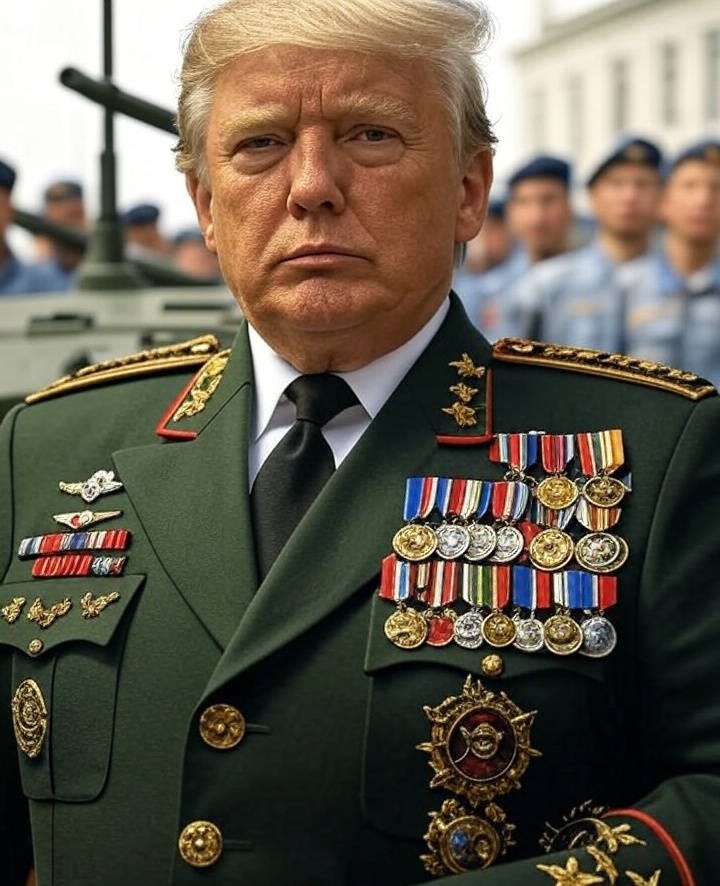
The post discusses the perception of the U.S. as a "third-world country," highlighting political dysfunction and authoritarian tendencies under recent leadership compared to other nations.
Eric Mennel invites readers to test their knowledge of market manipulation and domestic industry through a quiz in Political Economy.

Mortgage applications fell slightly, with refinance applications decreasing due to rising rates, while purchase applications showed a year-over-year increase amid more inventory and cooling prices.
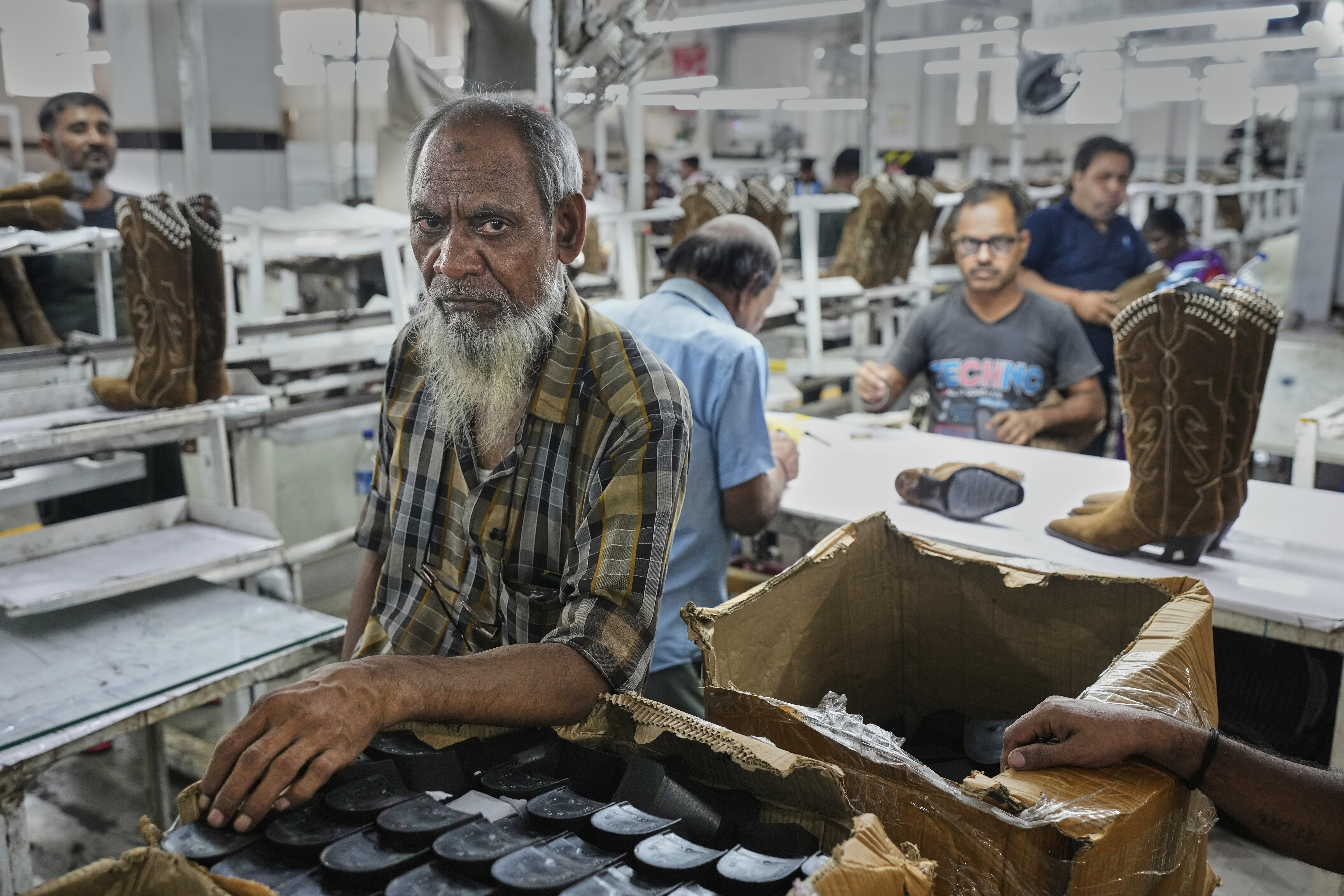
The Associated Press discusses President Trump's executive order imposing tariffs on India, impacting $48.2 billion in exports due to its Russian oil purchases.

Protests at a Microsoft office involve employees opposing the company's collaboration with Israel's military amid concerns over its use of technology in attacks on Palestinians.

Timothy Taylor discusses the decline in productivity in the US construction sector and its implications for housing affordability and economic growth.

An argument that collectivism undermines individual rights, highlighting the role of judges in maintaining a free society based on abstract rules rather than political interests.
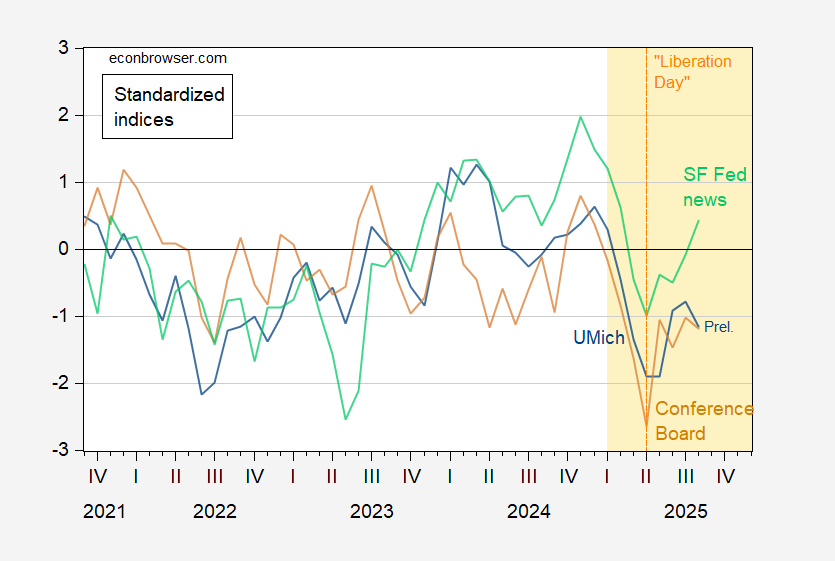
Menzie Chinn analyzes recent trends in consumer confidence and sentiment, noting their fluctuations and implications for economic expectations.
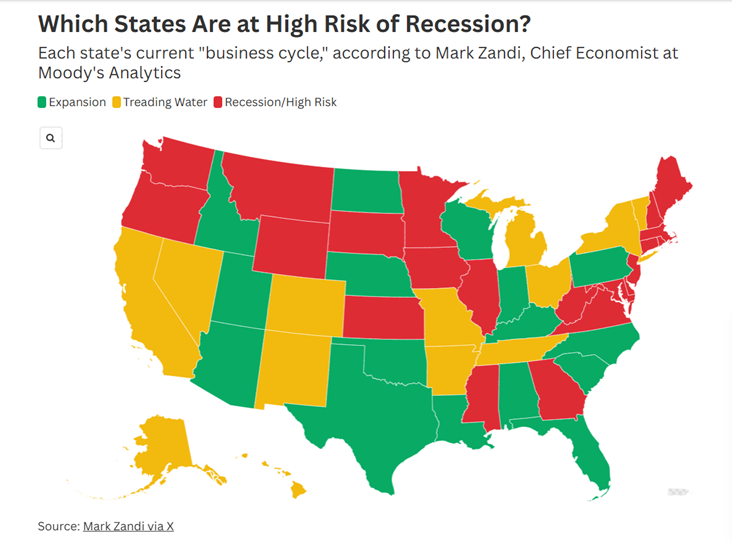
Menzie Chinn discusses a map illustrating quarterly nonfarm payroll growth projections through July 2025 based on data and calculations.

The author discusses various stories related to economic principles and their implications for education and productivity.